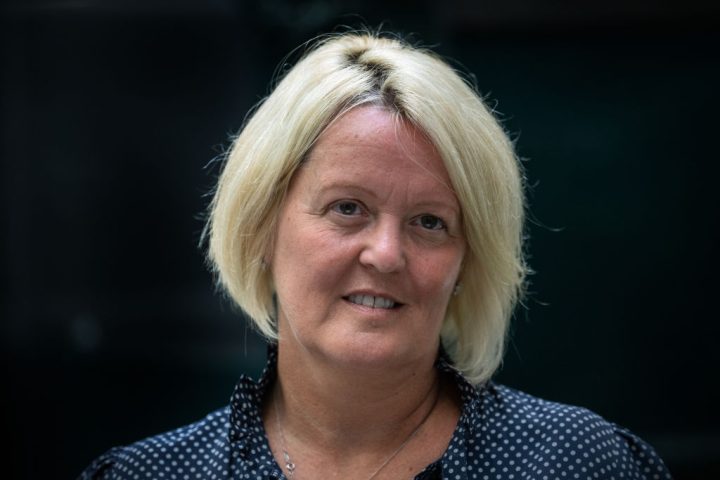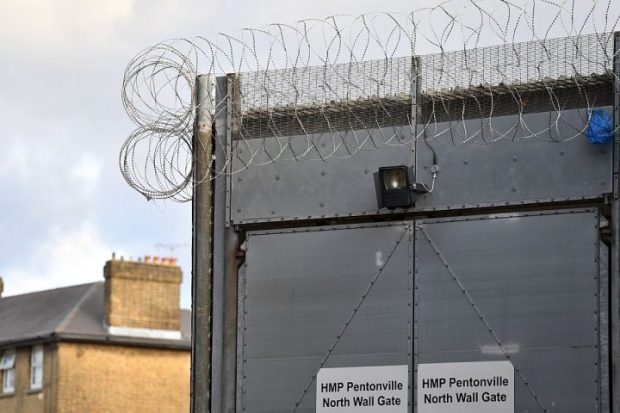There are probably worse things a senior banker could do. Taking all the money and running off to the Bahamas, or rescuing Credit Suisse, for example. But leaking confidential information about a client to the BBC is right up there with the worst sins imaginable.
After it became clear that the NatWest boss Alison Rose was the source of the BBC’s report that Nigel Farage’s account with Coutts had been closed for financial reasons, and had nothing to do with his politics, the pressure on her to quit became unstoppable. It will have come as no surprise to anyone that by this morning Rose had resigned. Even so, that can hardly be the end of the story. NatWest still needs to change radically, and so does a banking industry captured by pious compliance departments.
It is not for banks to try and impose a narrow, intolerant view of the world on everyone else
It is now clear to everyone that Coutts was monitoring Farage’s political views, making judgements on whether that made him suitable as a customer. It has also become evident that Rose was the source of a BBC report that not only revealed his finances, but also tried to portray the closure as a completely commercial decision. NatWest not only made a bad mistake, it made a complete mess trying to cover up what it had done.
Rose has ended up taking the blame for that, and rightly so. Her briefing to the BBC about the story was unacceptable, and so was the way that the bank’s Coutts unit was allowed to run so completely out of control that it was compiling inaccurate, poorly written dossiers on the political views of one of its higher profile customers. On either measure her position was untenable.
Rose won’t be much missed. She was barely competent in the role: she presided over a pointless rebrand from Royal Bank of Scotland to NatWest, but otherwise seemed to have few ideas apart from closing branches and charging customers more and wrapping everything up in some pious social campaigning.
But in the wake of the scandal, NatWest will need far deeper change. Chairman Howard Davies, and the rest of the board, which backed Rose last night, even when her position was clearly untenable, should be replaced as quickly as possible.
More importantly, the culture of Coutts needs to change, and so does that of the rest of the bank. It has no business compiling dossiers on anyone’s politics. City minister Andrew Griffith pointed out this morning that he hopes ‘the whole financial sector learns from this incident. Its role is to serve customers well and fairly – not to tell them how or what to think.’
That is surely right. The UK’s major banks are hardly purely private sector companies operating in a free, competitive market. NatWest is still 39 per cent owned by the state following its bail-out in the financial crisis of 2008. The other major banks, as we have learned time and time again, have an implicit guarantee from the state: when they are in real trouble, the Treasury and the Bank of England will step in.
With all those privileges, however, come certain responsibilities. Banks don’t have the right to monitor customers, nor should they close accounts unless there is evidence that laws have been broken. Nor should they try and impose a narrow, intolerant view of the world on everyone else. Rose clearly hadn’t figured that out. It will be up to her successor to make sure the bank relearns those lessons – and works out how they got forgotten in the first place.
Got something to add? Join the discussion and comment below.
Get 10 issues for just $10
Subscribe to The Spectator Australia today for the next 10 magazine issues, plus full online access, for just $10.





















Comments
Don't miss out
Join the conversation with other Spectator Australia readers. Subscribe to leave a comment.
SUBSCRIBEAlready a subscriber? Log in